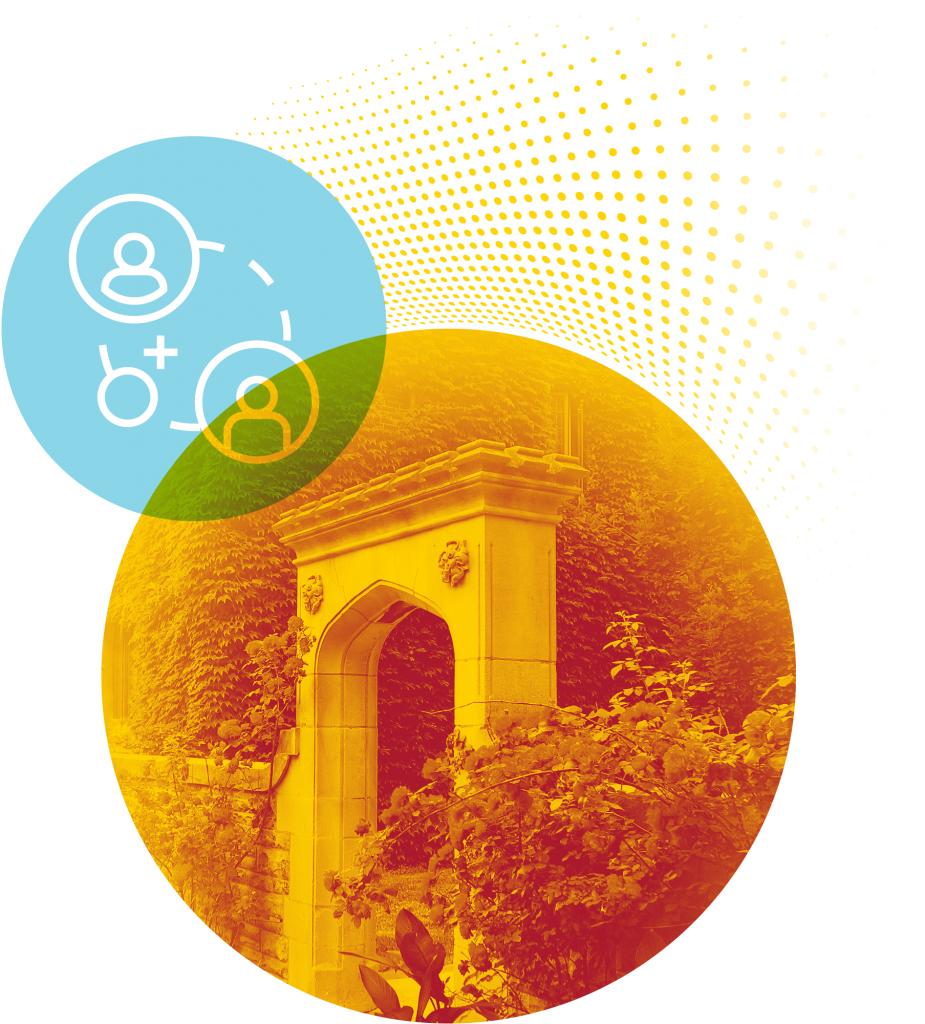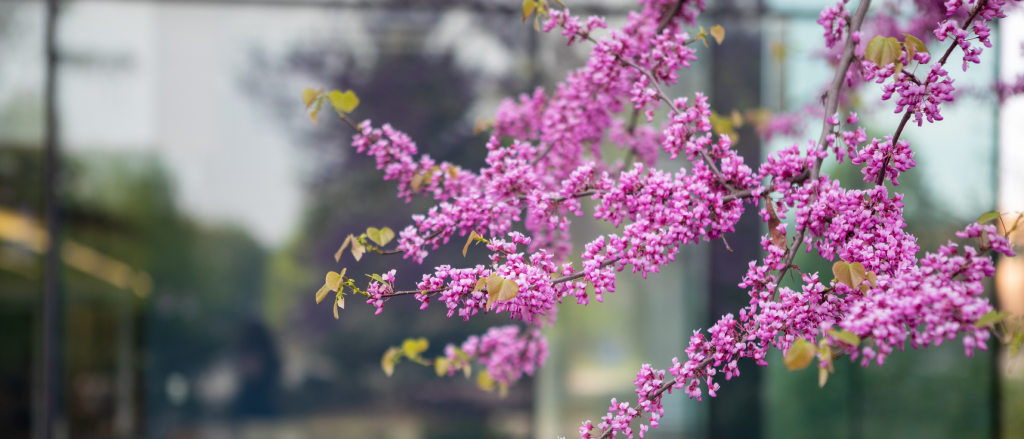Culture Focused on Sustainability

An abundance of initiatives are already occurring across McMaster by students, faculty members, and employees to promote sustainability. McMaster plans to grow its commitment to collaborating across the entire campus to promote a culture of sustainability.
With feedback from the community, McMaster identified the following areas to focus our actions:
- Leadership and Vision
- Communications
- Strategic Partnership and Continued Engagement
- Learning and Development
Information Box Group
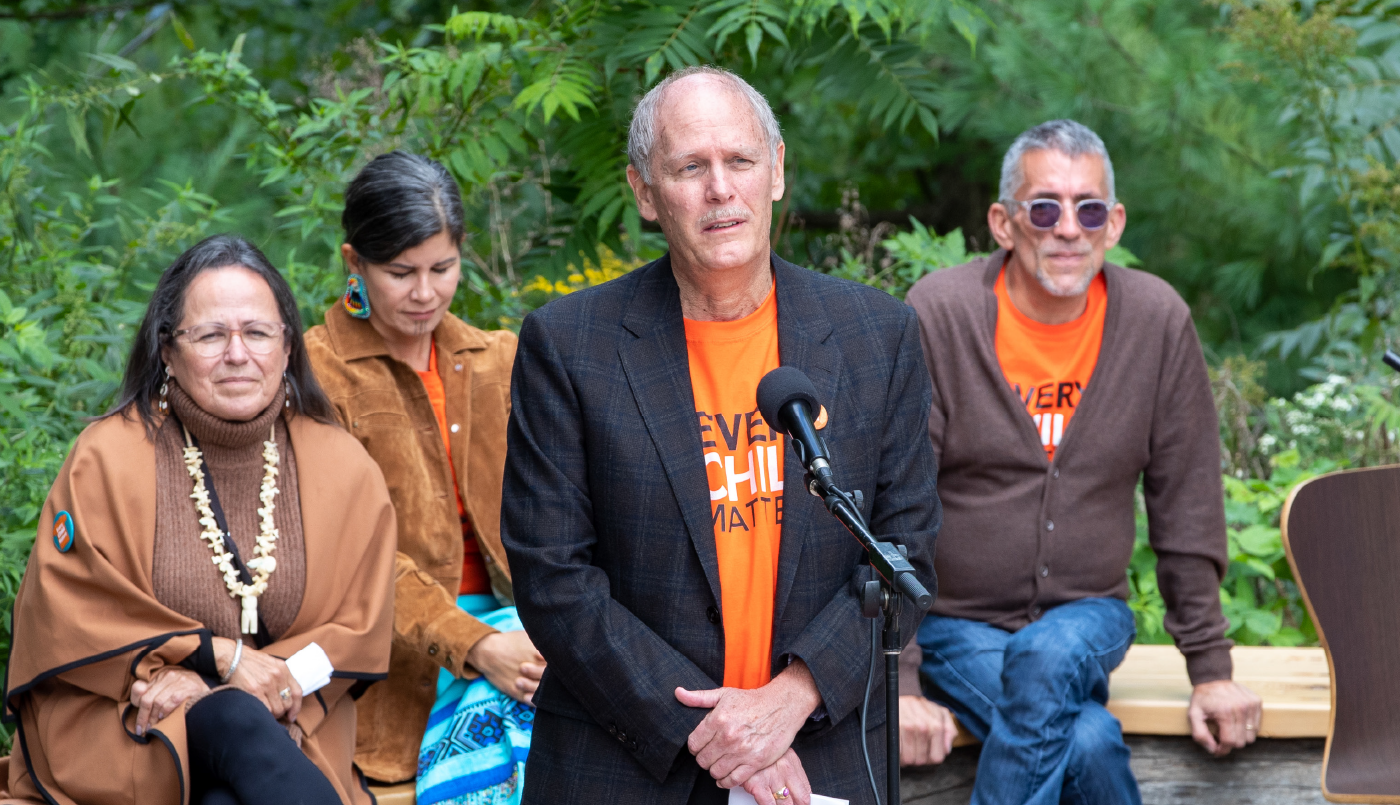
President David Farrar giving remarks at the launch of the Indigenous Education Council and McMaster Indigenous Research Institute’s Strategic Direction Plan on National Day for Truth and Reconciliation, September 30, 2021. From left to right: Bernice Downey, Associate Dean, Indigenous Health; Tracy Bear, Director of the McMaster Indigenous Research Institute; David Farrar, President; Randy Jackson, Assistant Professor, School of Social Work.
Leadership and Vision
McMaster’s leaders have prioritized sustainability. Their vision, support, and partnership are a key element to this strategy’s success. As part of this McMaster will:
- Create pan-university strategic alignment and develop clear action plans.
- Implement the strategy and recognize achievements.
- Be engaged in acting as sustainability stewards.
- Align sustainability efforts with the Indigenous Strategic Direction Plan.
- Encourage dialogue and action around sustainability, accessibility and inclusion.
- Empower its community, including teams and individuals, to advance sustainability efforts across the university.
- Provide the Office of Sustainability resources to facilitate this work.
- Establish and share qualitative metrics that align with this Sustainability Strategy.
Communications
McMaster’s community identified that awareness impacts individual participation in sustainability efforts on campus. McMaster will increase awareness, promotion, and celebration of sustainability efforts by:
- Developing sustainability literacy and better defining what sustainability means to McMaster.
- Creating active communication networks focused on sustainability across the university.
- Sharing sustainability-related policies and standards across the university.
- Continuing to produce an annual sustainability report sharing this strategy’s progress.
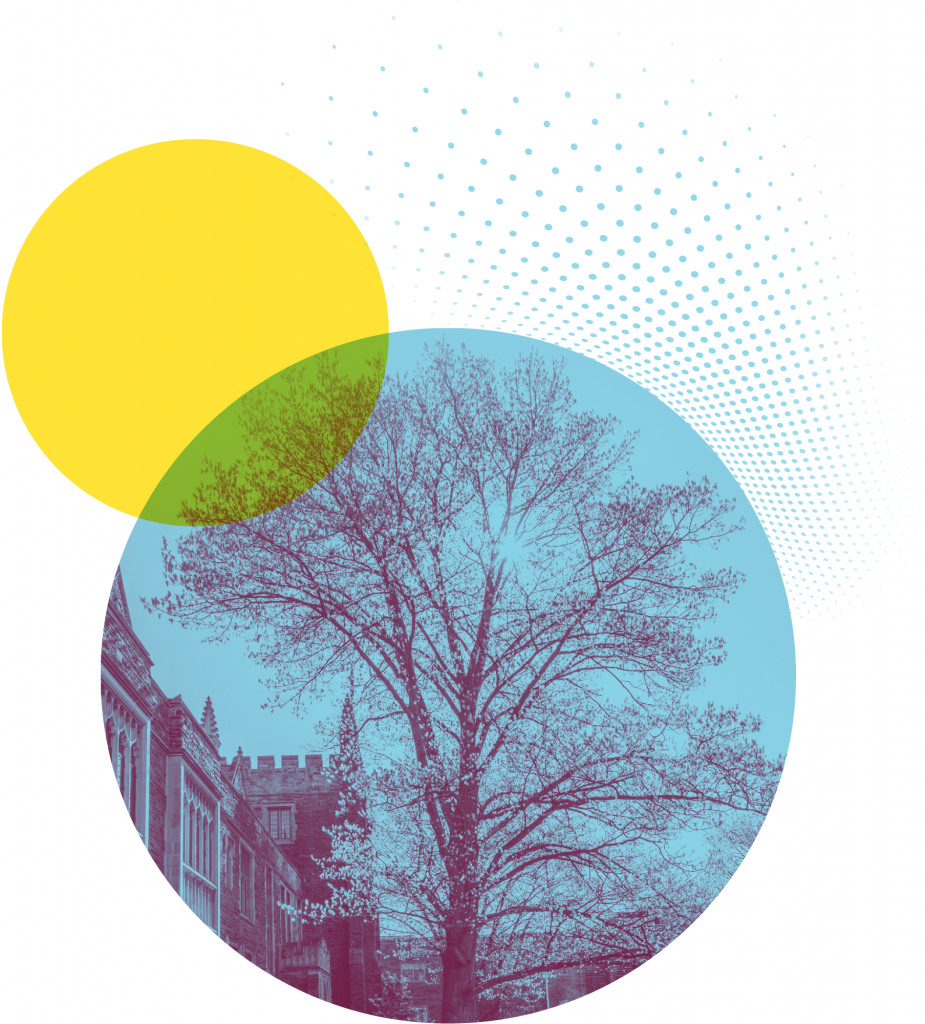
Information Box Group
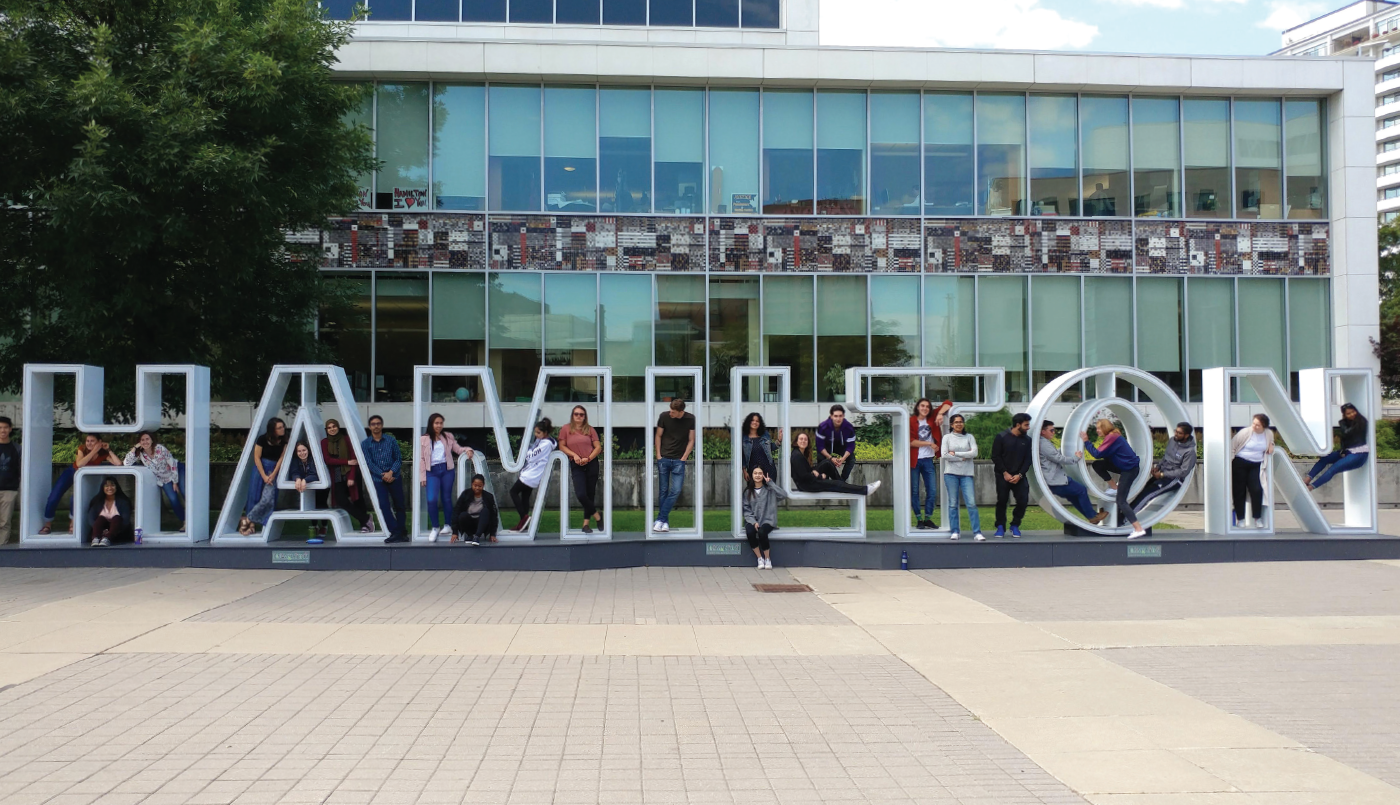
CItyLAB Semester in Residence (SIR) is a unique community engagement program for students to collaborate on strategic initiatives with staff from the City of Hamilton and community partners to achieve tangible, real-world results.
Strategic Partnership and Continued Engagement
To create a living laboratory for sustainability, the university’s community members will need to collaborate in new and ongoing ways. As part of this, McMaster will:
- Expand and leverage partnerships in the community and across the university.
- Explore various models to engage our community and partners in our sustainability initiatives.
- Partner with students and include the student voice.
- Recognize Indigenous knowledge and the importance of Indigenous perspectives on sustainability efforts on campus.
- Continue to engage diverse communities in sustainability decision making.
Learning and Development
To create a culture of sustainability at the university, McMaster’s community has asked
for opportunities to learn more about adopting sustainability-minded practices.
To provide this, McMaster will:
- Provide sustainability-focused professional development opportunities to staff and faculty members.
- Further develop McMaster Continuing Education offerings related to sustainability.
- Foster behavioural changes across the university that encourage a sustainability-minded lifestyle.
